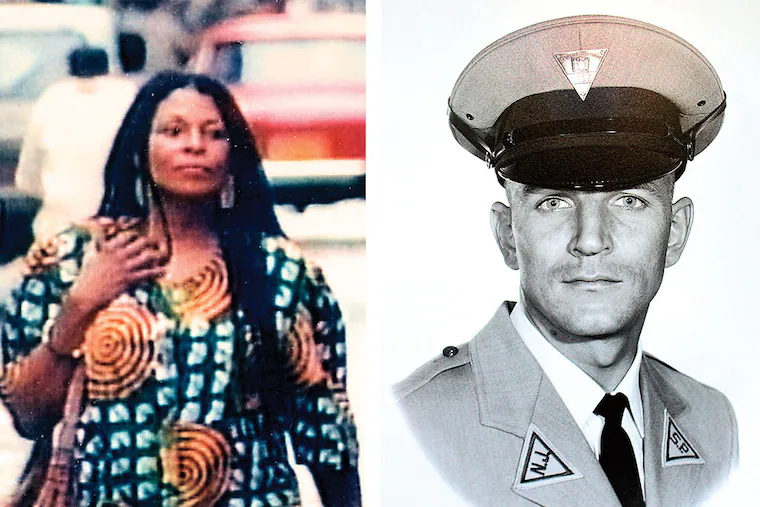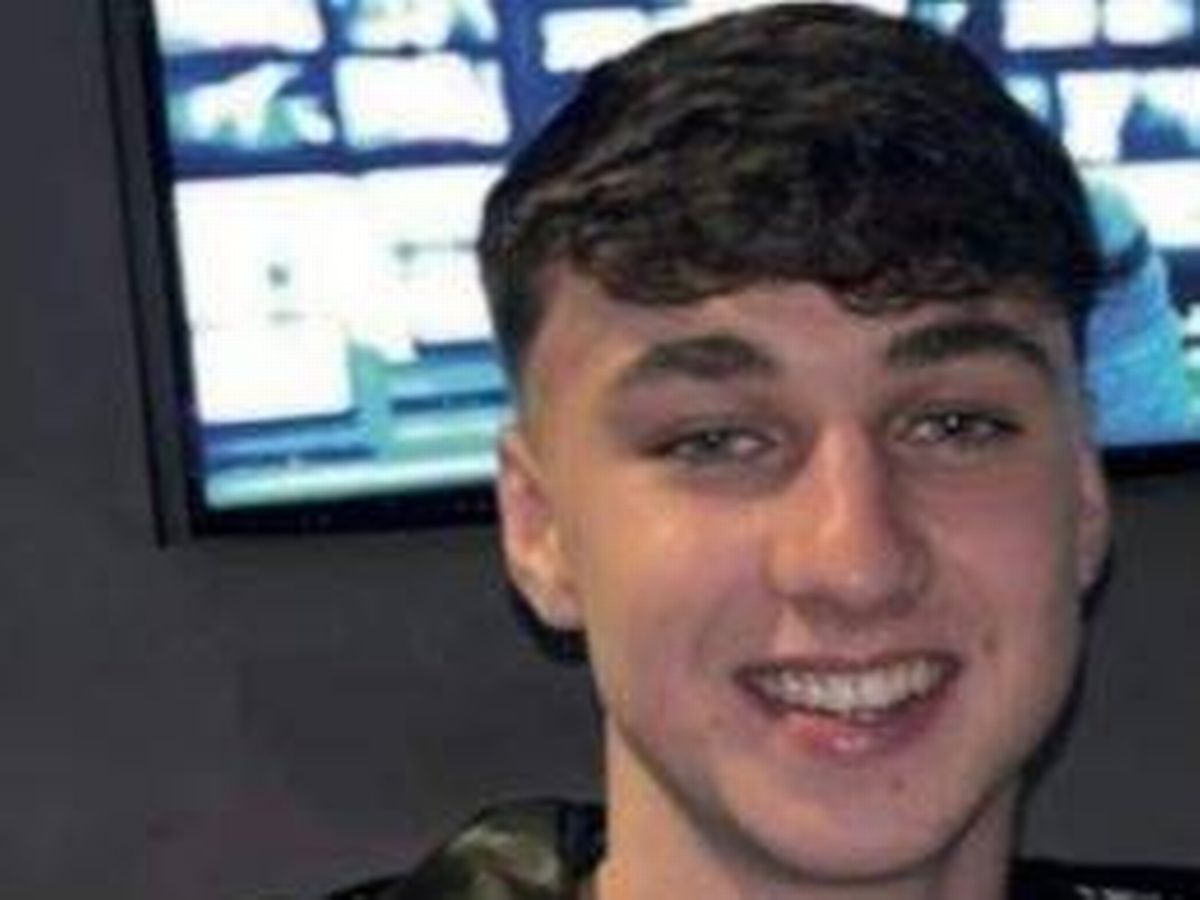
Assata Shakur, a controversial Black liberation activist who fled to Cuba after escaping a New Jersey prison following a 1977 conviction in the murder of a state trooper, died this week in Havana. She was 78.
Cuba’s Ministry of Foreign Affairs attributed Shakur’s death to “health conditions and advanced age” in a statement, but did not elaborate. Shakur’s daughter, Kakuya Shakur, also confirmed her death, writing on social media that her mother died at about 1:15 p.m. Thursday.
Also known as Joanne Deborah Chesimard, Shakur has for decades been a highly contentious political figure, often serving as a sticking point in relations between the United States and Cuba as U.S. authorities sought her return to serve out the remainder of her life sentence.
Though granted political asylum in Cuba, Shakur — a high-profile member of the Black Liberation Army and the Black Panther Party in the 1970s — was included on the FBI’s most-wanted terrorists list. Federal and state authorities had long offered a combined $2 million in reward money for her apprehension.
Shakur, however, maintained her innocence in the murder she was convicted of nearly 50 years ago.
Her hands, she said, were in the air when she was wounded amid gunfire during the May 2, 1973, traffic stop in which New Jersey State Police Trooper Werner Foerster was killed. Another trooper, James Harper, was injured, and one of Shakur’s associates was killed. Her injuries, her defense team said during her trial, proved she could not have fired shots at anyone.
“I feel I’ve been a victim of America,” Shakur said in a 1987 interview with Newsday.
Here is what you need to know:
From Joanne to Assata
Born in New York City in 1947, Shakur was initially known as Joanne Deborah Byron. Her parents — accountant Carl Byron and schoolteacher Doris Johnson — divorced shortly after her birth, and her younger years often involved travel between New York and her grandparents’ home in North Carolina.
After dropping out of high school at 17 and entering the working world, she married Louis Chesimard at 21, divorcing him after about a year. She kept Chesimard’s last name legally, but by 1971 had adopted the moniker of Assata Olugbala Shakur as she became more involved with radical politics. In her 1987 autobiography, Assata, Shakur said her given identity was akin to a “slave name.”
The murder of Werner Foerster
By 1973, Shakur was already deeply involved with the Black Liberation Army, a now-long-defunct militant group that was known for a number of high-profile killings, robberies, and bombings throughout the 1970s. Authorities had already sought Shakur in several incidents, suspecting her involvement in bank robberies, burglaries, and killings of police officers.
Her apprehension, however, came following a traffic stop on the New Jersey Turnpike on May 2, 1973. Just before 1 a.m., Trooper Harper stopped a Pontiac LeMans in which Shakur was riding with two associates. The car, according to Inquirer reports, was on its way to Philadelphia or Washington when Harper pulled it over for a broken taillight in East Brunswick, about 200 yards from where the state police headquarters was then located.
Another trooper, Foerster, assisted Harper in the stop, and when frisking the driver, Clark Squire (also known as Sundiata Acoli), he found a loaded .380-caliber magazine, The Inquirer reported in 2006. Seconds later, authorities alleged, Shakur opened fire on the officers with a 9mm pistol, hitting Harper in the shoulder before Harper returned fire, hitting her twice.
Foerster, meanwhile, was hit by a bullet from Squire’s .380, and after Harper ran to the nearby headquarters for help, someone in the car — it remains unclear who — shot him twice in the head with his own service revolver, killing him, The Inquirer reported.
James Costan (also known as Zayd Malik Shakur), an associate of Shakur’s, was also shot and killed, and Shakur herself was hit in her left shoulder and right arm.
Shakur goes to Cuba
After a series of delays in her case, Shakur was convicted of murder in 1977 for her role in Foerster’s killing. Acoli was also convicted in the killing, and was controversially paroled in 2022 after 49 years in prison, with his supporters arguing that he was suffering from dementia.
In 1979, Shakur was sentenced to life in prison plus 26 to 33 years, and was placed at the state women’s prison in Clinton.
But that November, members of the Black Liberation Army who were posing as visitors stormed the facility and broke her out of the prison after taking two guards hostage and commandeering a prison van. Statements from the Black Liberation Army, The Inquirer reported in 1980, indicated Shakur had been “freed from racist captivity,” and argued that “guilt or innocence of a Black freedom fighter is irrelevant when measured by our people’s history of struggle against U.S. domination.”
And then, she all but disappeared for years, turning up again in Cuba in 1984, where the late Fidel Castro granted her asylum, according to the FBI. State and federal authorities have been seeking her apprehension ever since.
“We’re never going to stop seeking her return to New Jersey to finish out the sentence she was convicted of,” Sgt. Jeff Flynn told The Inquirer in 2014.
A ‘folk hero’
By 2015, she was still considered the foremost U.S. fugitive living in Cuba, topping a list of about 70 American escapees in the country, according to an Inquirer report. Cuba, however, refused to extradite her, and many of its citizens considered her a folk hero under persecution of the U.S. government.
Among the reasons for that stature, The Inquirer reported in 2015, were the lack of fingerprints on weapons used in Foerster’s 1973 killing, the absence of gunpowder residue on her hands at the time, and her conviction by an all-white jury.
That year, authorities began offering a combined $2 million reward for her return to the United States, reportedly prompting Shakur to withdraw from public life in Cuba.
“She is maligned in the law enforcement community, but in Cuba she is a folk hero who stood up to antiblack state violence, triumphed, and got away,” Washington lawyer Douglas McNabb, an expert on international criminal defense and extradition, told The Inquirer at the time.



